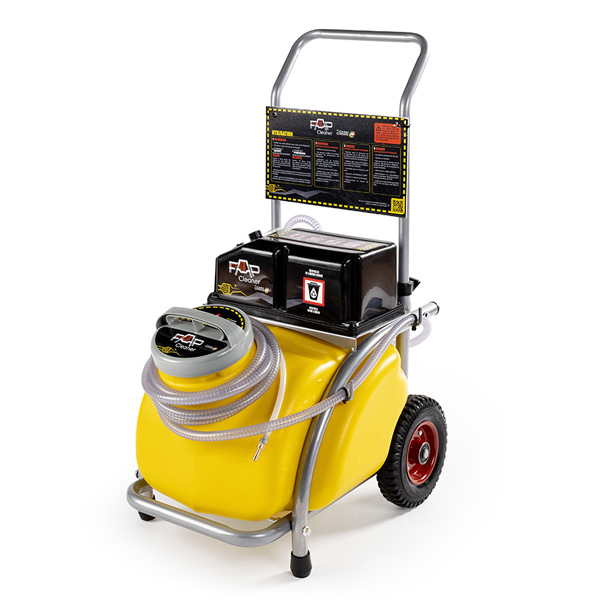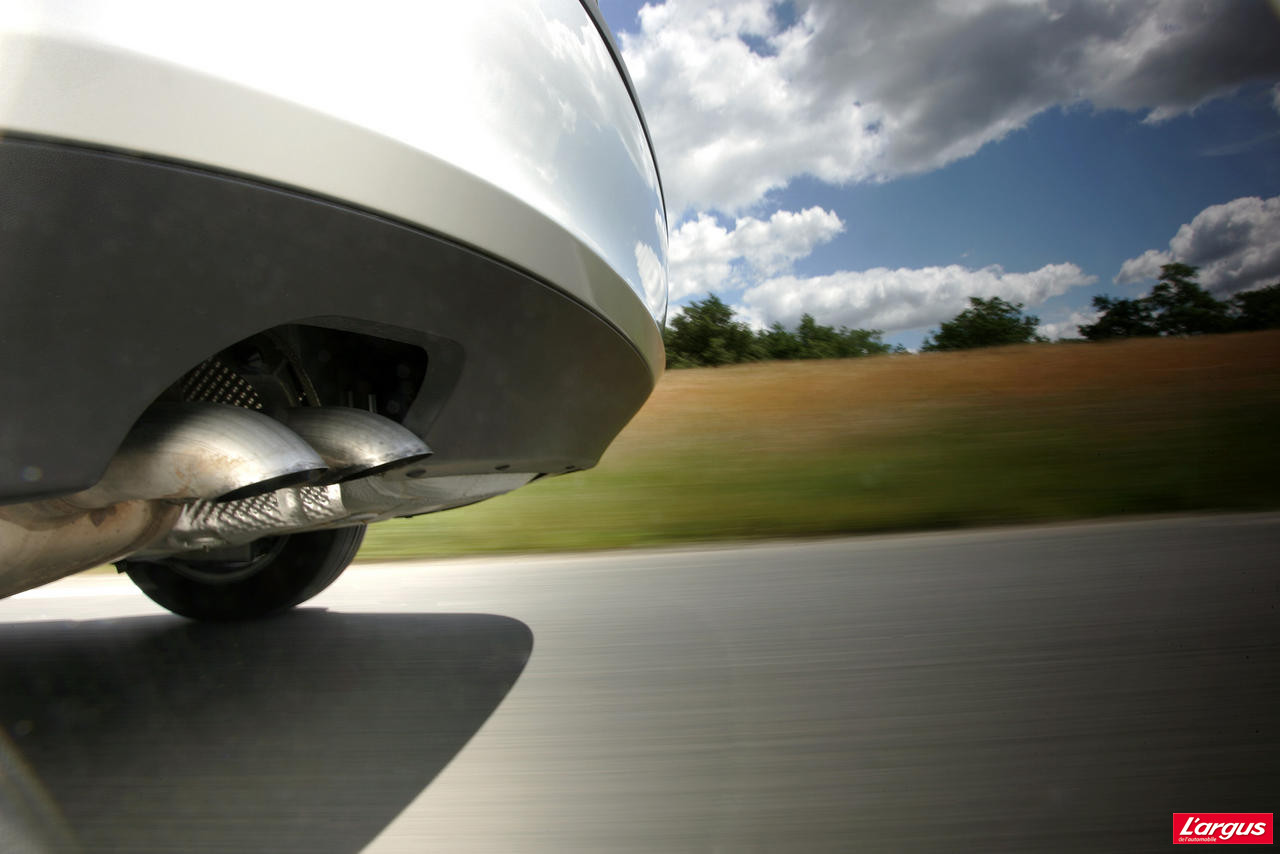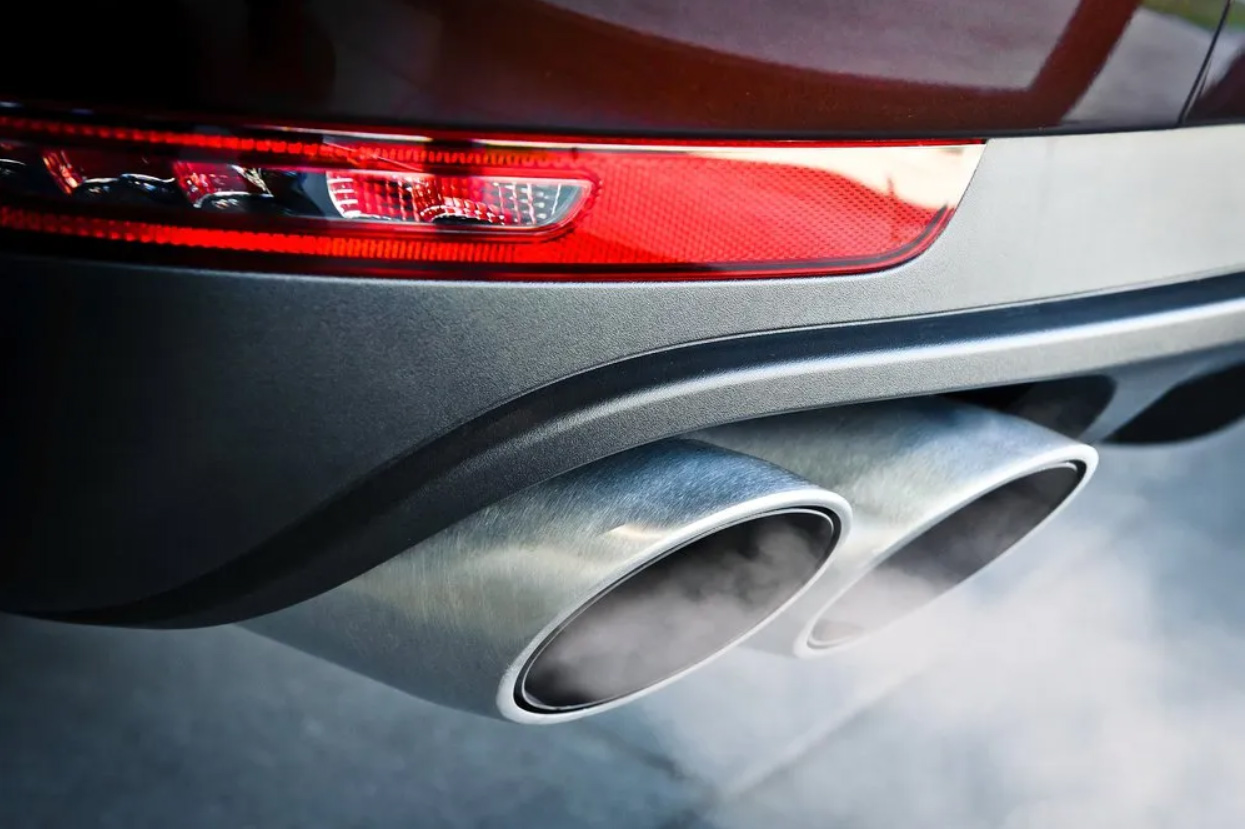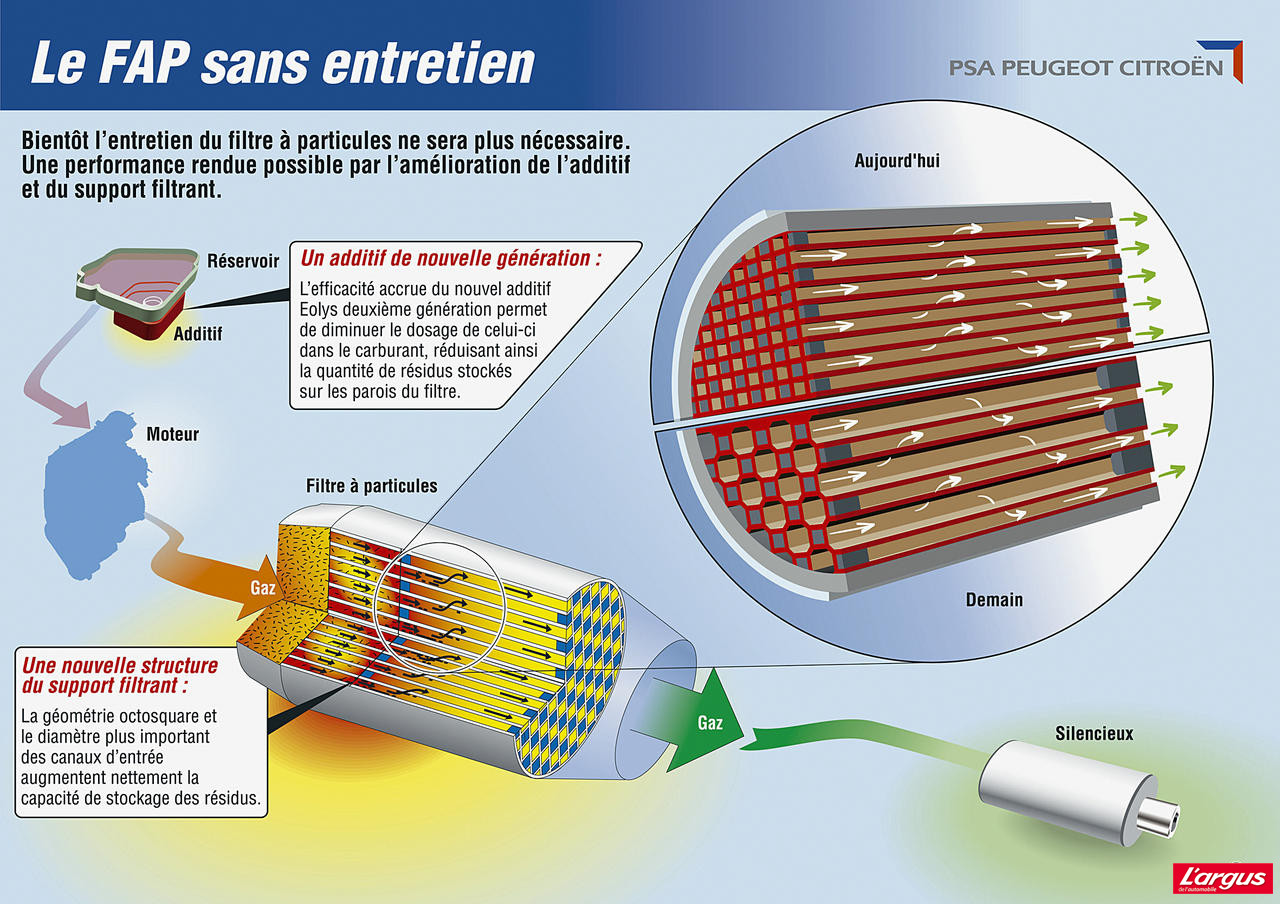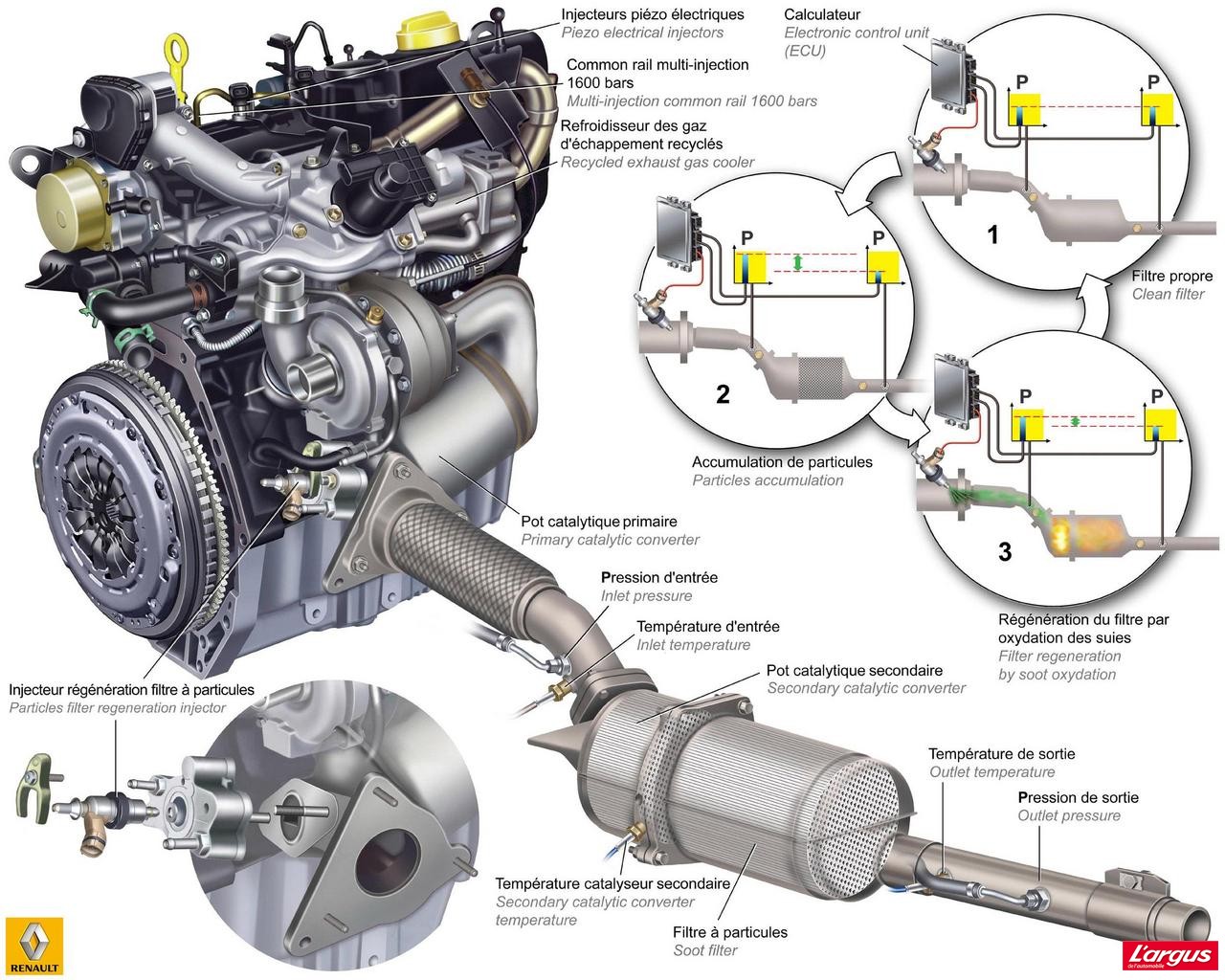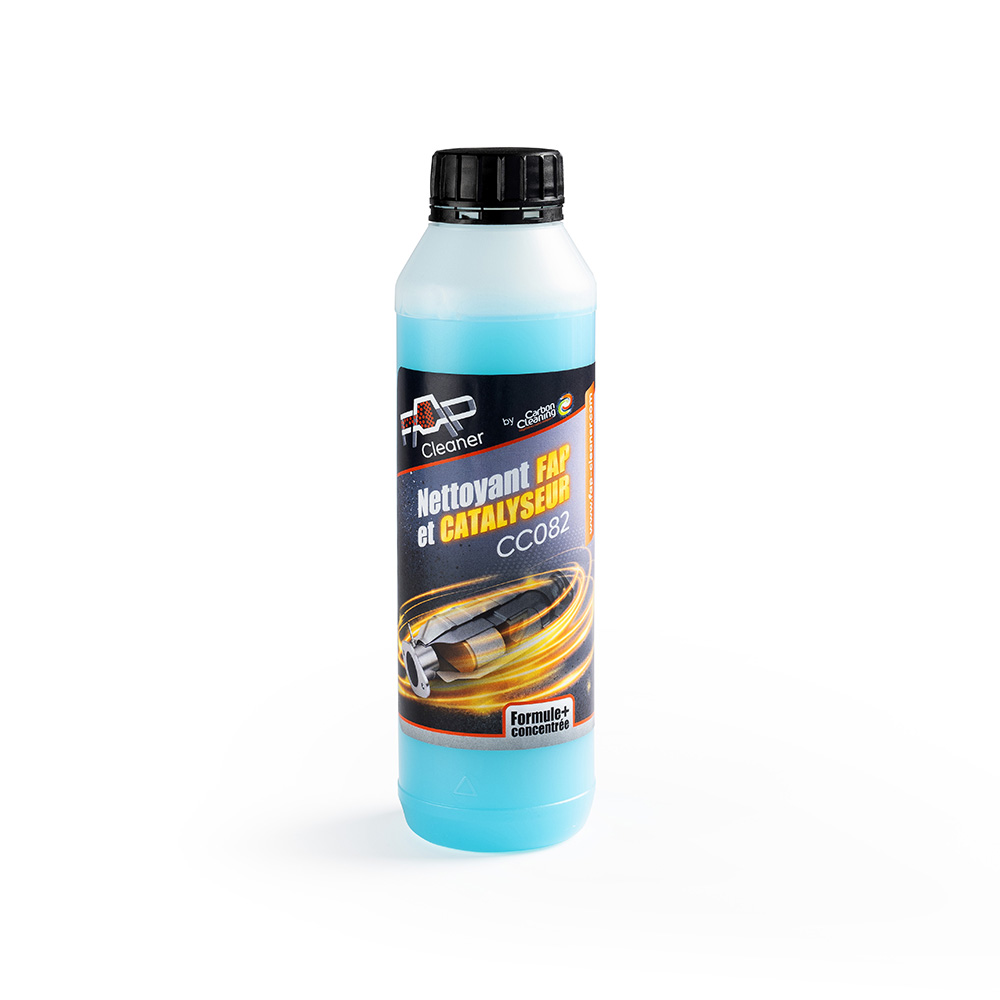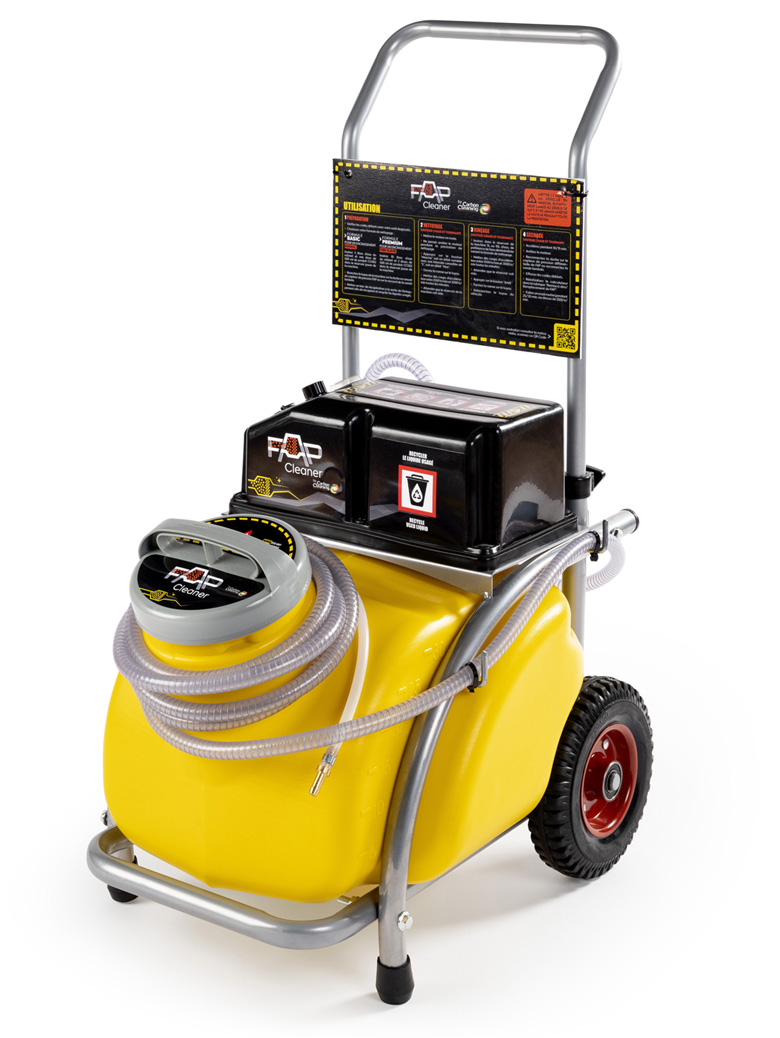What is a particulate filter?
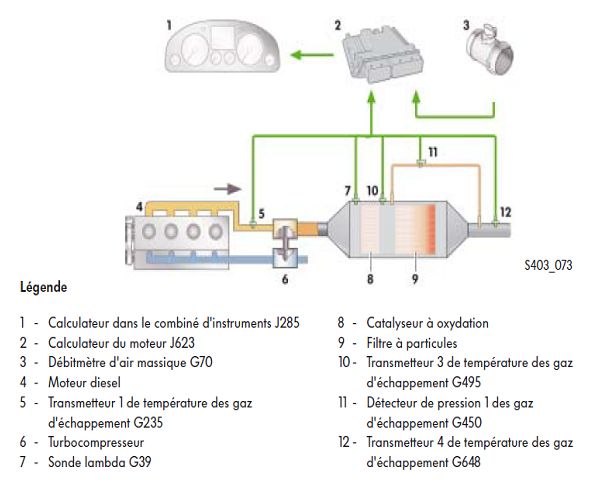 A particulate filter, also known as a soot filter or diesel particulate filter (DPF), is a device used on vehicles to reduce emissions of particulate pollutants..
A particulate filter, also known as a soot filter or diesel particulate filter (DPF), is a device used on vehicles to reduce emissions of particulate pollutants..
The particulate filter is a component installed in the vehicle’s exhaust system. It is designed to trap soot particles and other pollutants present in vehicle exhaust gases.
The particulate filter is generally made up of porous ceramic or metal walls, which allow exhaust gases to pass through the filter, but trap harmful particles. Particles are trapped in the filter and accumulate on its surface.
To prevent complete filter clogging, regeneration is necessary. There are two types of regeneration: passive and active. Passive regeneration occurs when the exhaust gases reach a temperature high enough to burn off the particles trapped in the filter. Active regeneration is a process controlled by the vehicle’s on-board computer, which injects additional fuel into the engine to raise exhaust gas temperature and burn off particulates trapped in the filter.
The particulate filter is an important device for reducing pollutant emissions from diesel vehicles and improving air quality.
Why is my DPF clogging?
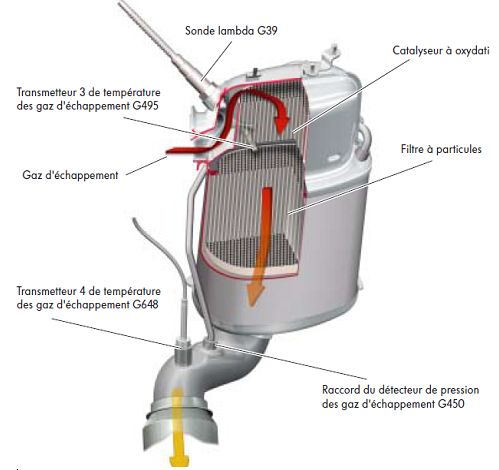 A particulate filter becomes clogged due to the accumulation of particles inside it. The filter is designed to trap particles emitted by the vehicle’s engine and prevent them from entering the atmosphere. Particles can be soot, ash, dust or other pollutants present in exhaust gases.
A particulate filter becomes clogged due to the accumulation of particles inside it. The filter is designed to trap particles emitted by the vehicle’s engine and prevent them from entering the atmosphere. Particles can be soot, ash, dust or other pollutants present in exhaust gases.
Over time, these particles build up inside the filter, reducing its ability to trap additional particles. If the filter is not cleaned or replaced regularly, this particle build-up can eventually completely block the flow of air through the filter, resulting in reduced engine performance and increased pollutant emissions.
Filter clogging can be accelerated by unfavorable driving conditions, such as repeated short trips, city driving with frequent stops and starts, or prolonged low-speed operation. Under these conditions, the engine doesn’t have enough time to warm up to its normal operating temperature, which can cause particles to build up more quickly on the particulate filter.
You have a problem with your vehicle, such as loss of power, an engine warning light on, exhaust fumes, or you’ve failed your roadworthiness test for pollution, contact us.
Before replacing expensive parts, don’t hesitate to contact our FAP Cleaner technicians who can accurately diagnose your problems and suggest alternative solutions before replacing the parts.

